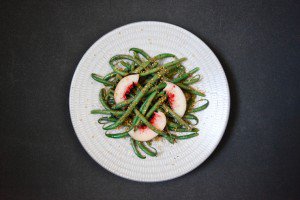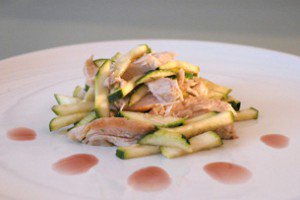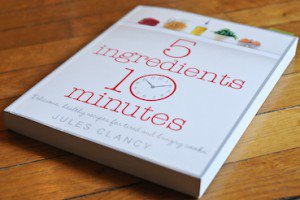
From the ages of ten to sixteen, my parents sent me on séjours linguistiques (“linguistic stays”) abroad each summer. The idea was to spend two to three weeks living with a family in an English- or German-speaking country and immerse myself in the culture and the language. It did tremendously improve my language skills and was also, to put it mildly, a definite character-building experience: I was miserable, but I learned to put up with it.
This fascinating tidbit of personal history helps explain the special place Heinz Baked Beans have in my heart and on my palate: on one of these stays in England, I stayed with a family in which the girl, though my age, could not have had less in common with me. Her number one interest was boys; I was bookish and quiet. She had a brand new curvaceous body to try out; I still looked like a ten-year-old. With glasses. There was, consequently, little communication to be had between the two of us, but I learned my fair share of slang and swear words, and I also learned to fight in a foreign language. Add that to the “useful skills developed” list.
For some reason, there seemed to be precious few structured meals in that house, and since the girl could obviously not be counted on to feed me, I lived for three weeks on mini bags of salt and vinegar crisps, Branston pickle sandwiches, and baked beans on toast. And this diet, which would kill anybody but a pre-teen girl with a stomach of steel, left me with an eternal fondness for these three staples of English gastronomy.
In Paris, these products can only be found in gourmet stores, and I buy them from time to time when I feel the urge to reconnect with my younger self. I warm up half a can of baked beans and spread it on toasted slices of pain Poilâne as a special treat to the lonely but brave little girl I once was. Except now, I eat salad with that, too.













